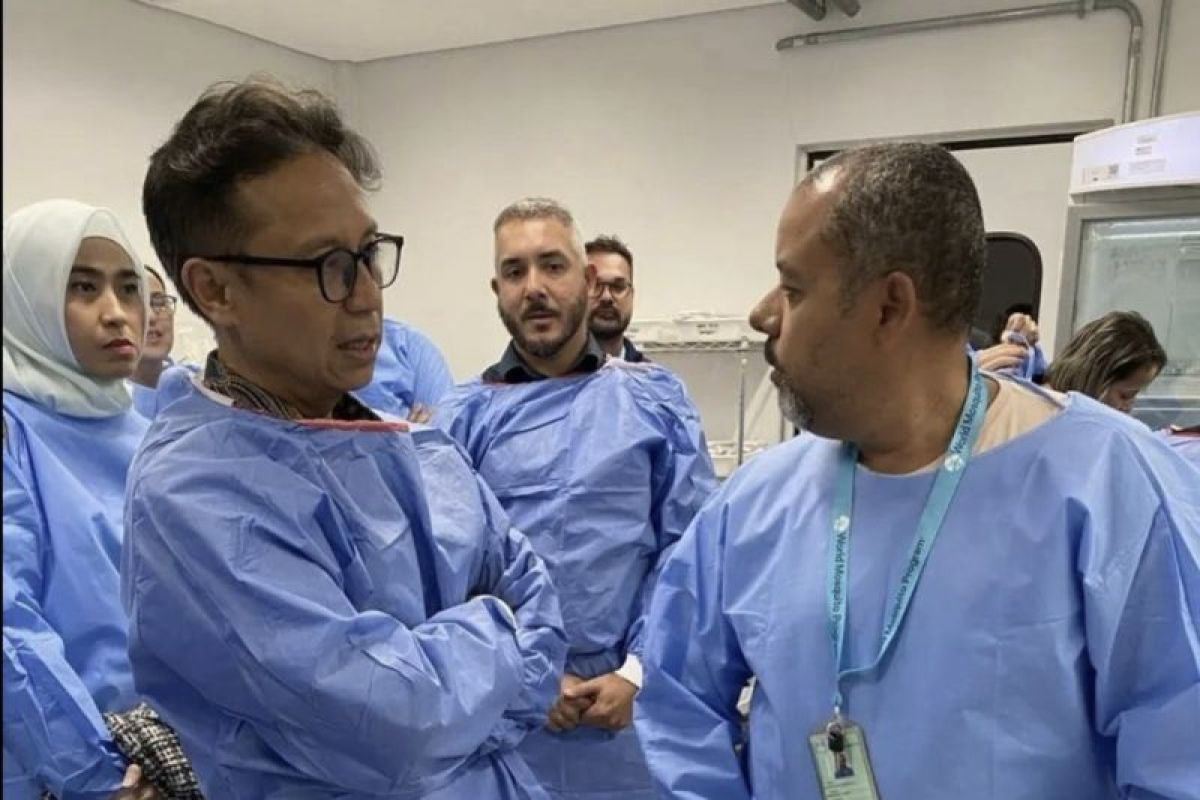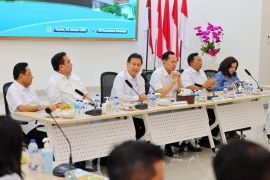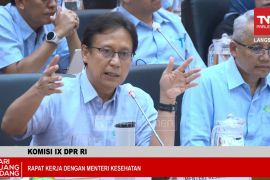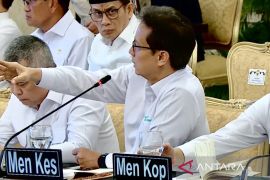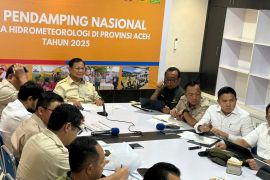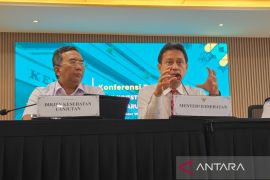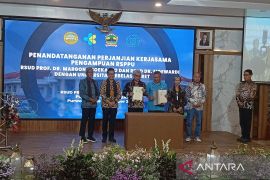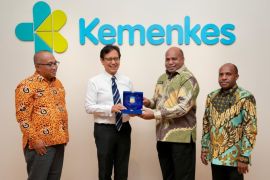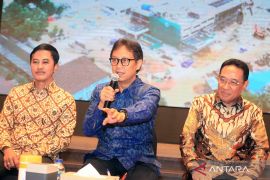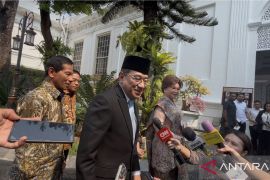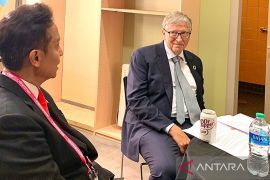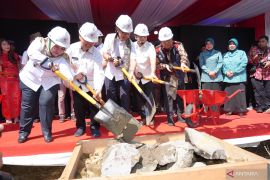Fiocruz is one of the several global partners to start the release of Wolbachia mosquitoes to reduce the rate of dengue cases in a population.Jakarta (ANTARA) - The Indonesian Health Ministry is exploring opportunities to collaborate with the Fiocruz Institute from Brazil to reduce dengue cases in Indonesia through the development of Wolbachia mosquito technology and vaccines.
The ministry's Head of the Communications and Public Services Bureau, Siti Nadia Tarmizi, stated on Monday that the opportunity for collaboration arose when Health Minister Budi Gunadi Sadikin visited the Fiocruz Institute, with the focus on collaboration related to technology and vaccine development.
"In Brazil, they have already implemented Wolbachia mosquito technology through the World Mosquito Program," Tarmizi explained.
She noted that the Indonesia-Fiocruz collaboration to eradicate dengue was earlier established through the role of Gadjah Mada University (UGM), with the first introduction of Wolbachia mosquitoes in Indonesia in 2012.
Tarmizi explained that results of the Wolbachia Application for Dengue Elimination (AWED) study in Yogyakarta using a Cluster Randomized Controlled Trial (CRCT) design showed that Aedes aegypti mosquitoes containing Wolbachia were able to reduce dengue cases by 77.1 percent and reduce hospitalization due to dengue by 86 percent.
"The result came from the first collaboration with UGM," she remarked.
Fiocruz is one of the several global partners to start the release of Wolbachia mosquitoes to reduce the rate of dengue cases in a population.
During his visit to the Fiocruz Institute, Minister Sadikin reviewed the Wolbachia breeding process at the research center to combat diseases transmitted by the Aedes aegypti mosquito.
On that occasion, he also discussed with representatives from Fiocruz regarding future collaboration on technology and vaccine development.
The visit also included an exploration of the Fiocruz library, where they discovered a rare book from 1703 written by a Catholic Monk on medicine.
However, Tarmizi and the ministry's Director General of Disease Prevention and Control, Maxi Rein Rondonuwu, did not provide further information on this rare book's treatment methods.
Tarmizi stated that the visit also emphasized the importance of collaboration in developing innovative health solutions as well as a reminder that knowledge from the past remains valuable in humanity's journey towards a healthier future.
Translator: Andi Firdaus, Resinta Sulistiyandari
Editor: Arie Novarina
Copyright © ANTARA 2024
